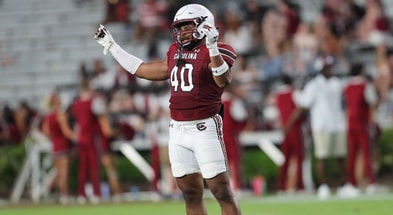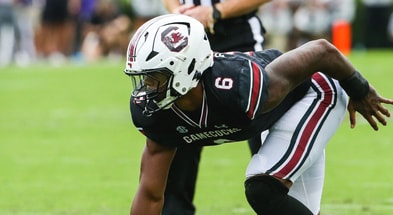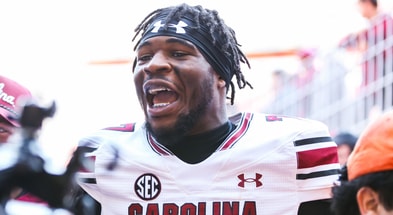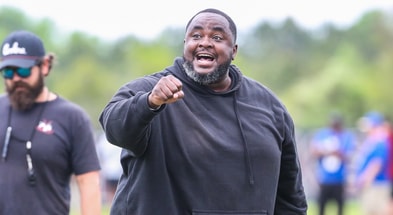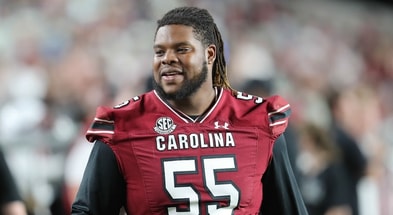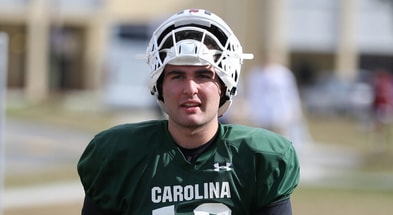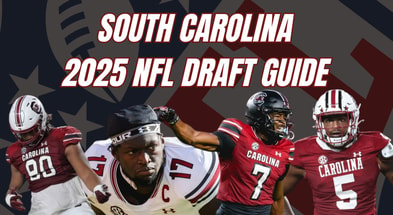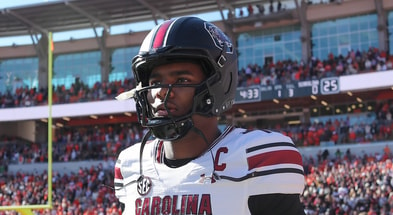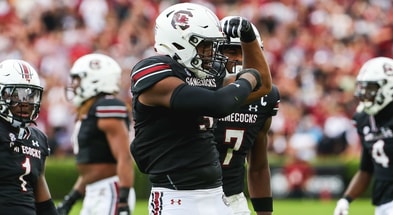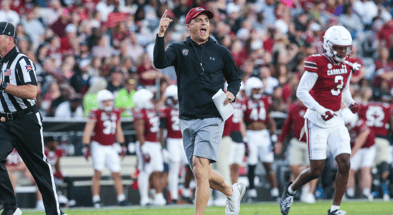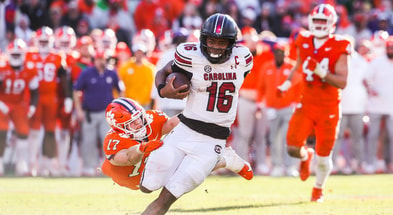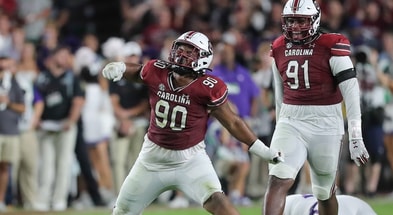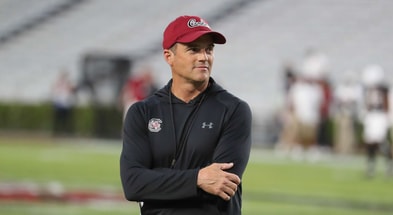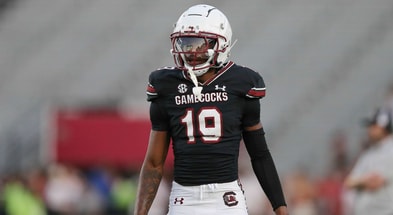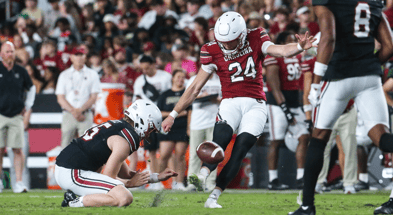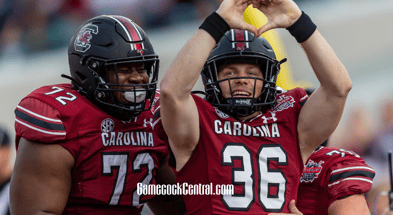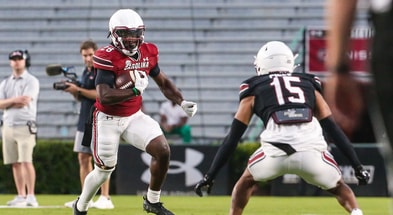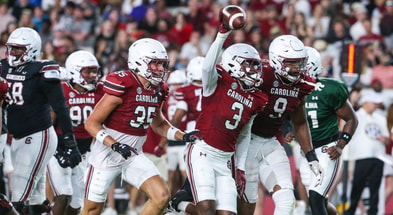Looking back: How many 12 team playoffs would South Carolina have made in the BCS era?

A months-long process finally came to an end Thursday when the College Football Playoff Committee finally announced it would expand in 2024.
The playoff will expand from four to 12 teams, with the six highest ranked conference champions and six at-large teams all getting a bid.
In September, Matt Brown of The Athletic went back in time to the beginning of the BCS era in 1998. He compiled data showing how many teams would’ve made a 12 team playoff if it had been instituted for the last 24 years.
According to Brown’s data, 66 different college football teams would’ve made a 12 team playoff. Ohio State, Oklahoma and Alabama were the three teams with the most visits to the playoff.
Subscribe to Gamecock Central until the 2023 football season for only $10!
South Carolina is one of the seven teams that would’ve made the expanded playoff twice. The Gamecocks would’ve made it to the playoff in 2011 and 2013 – in other words, during the golden years of Steve Spurrier’s tenure as head coach.
Here’s a look at what South Carolina’s matchups in the 2011 and 2013 CFP would’ve looked like:
2011
The 2011 season was the first of three-straight 11 win seasons for Spurrier and the Gamecocks.
South Carolina finished the regular season 10-2 with big wins over Georgia, Kentucky and Clemson. Both of the Gamecocks’ losses that year came at the hands of SEC foes when they lost to Auburn 16-13 and No. 8 Arkansas 44-28.
It was also the year Connor Shaw burst onto the scene, playing in 10 games and throwing for 1,448 yards and 14 touchdown passes.
In real life, No. 10 South Carolina would’ve played No. 21 Nebraska in the Capital One Bowl following its 34-13 win over Clemson.
Win a football autographed by Rattler, Bell, Wells, Gwyn, Kroeger
South Carolina won that game against the Cornhuskers 30-13, giving Spurrier his first bowl win of what would turn into a four bowl win streak.
If the 12 team playoff would have existed back then though, the Gamecocks would not have been playing in the Capital One Bowl.
Instead, South Carolina would’ve been the No. 12 seed in the playoffs and facing off against their in-state rival…again.
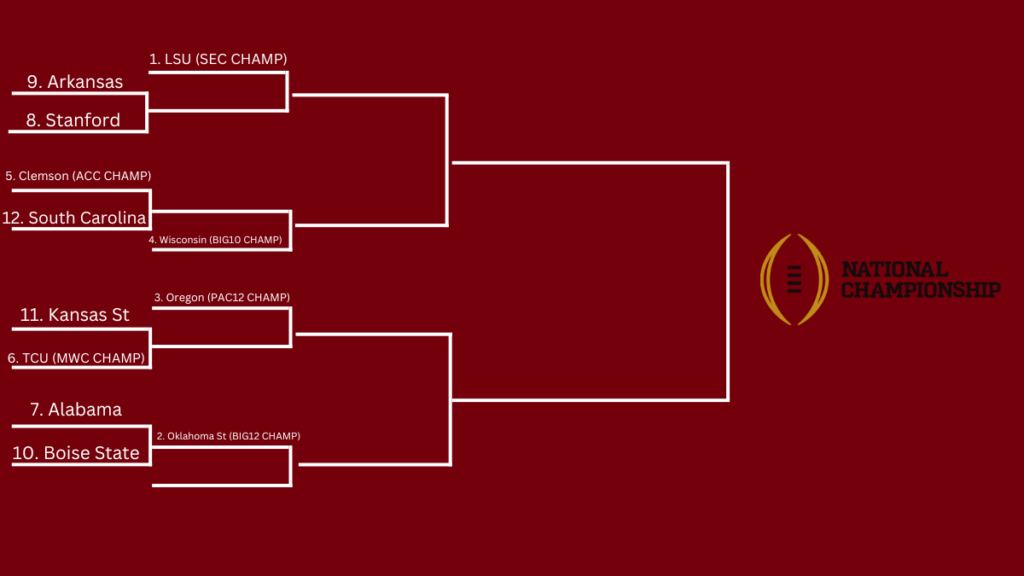
Sitting at No. 9 in the final BCS poll before bowl games, South Carolina would’ve been the sixth highest ranked team that was not a conference champion – just barely sneaking in to the playoff.
A first round matchup with ACC Champion and No. 5 seed Clemson would’ve made it the very first time that the two schools have ever played each other twice in one season.
Top 10
- 1New
Donald Trump blasts NFL
Teams for not drafting Sheduer Sanders
- 2
Jaden Rashada
Makes transfer commitment
- 3
Kim Mulkey
Takes victory lap on South Carolina
- 4Hot
2nd Round NFL Mock Draft
QBs under microscope
- 5
Shedeur Sanders reacts
To going undrafted in 1st round
Get the On3 Top 10 to your inbox every morning
By clicking "Subscribe to Newsletter", I agree to On3's Privacy Notice, Terms, and use of my personal information described therein.
The winner of that game would then have to play No. 4 seed Wisconsin, who would’ve received a bye week after winning the BIG 10.
A win over the Badgers would’ve likely led to a matchup with an undefeated No. 1 seeded LSU in the semifinals. LSU made the real championship that year, but lost to Alabama.
2013
The final year of excellence under Spurrier is the second time that South Carolina would have made a 12-team playoff.
South Carolina finished the year 11-2 with big wins over UCF, Arkansas, Florida and Clemson in the regular season.
Just like in 2011, the Gamecocks’ two losses came at the hands of SEC opponents, this time Georgia and Tennessee.
Subscribe (for free) to the Gamecock Central YouTube page!
Then-No. 8 South Carolina went on to play Wisconsin in the Capital One Bowl and won 34-24.
If there was an expanded playoff though, South Carolina would have run straight into a powerhouse in the first round.
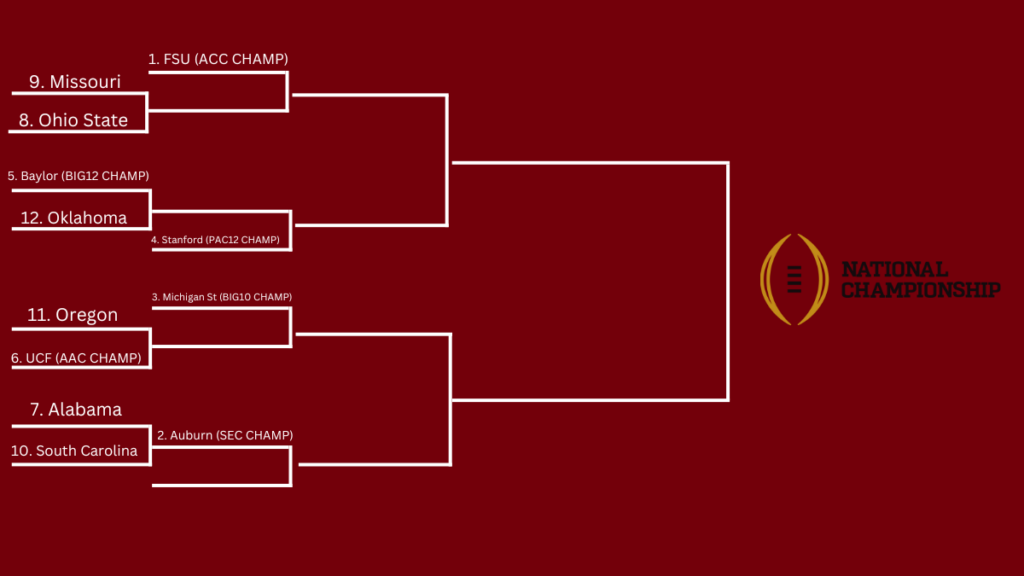
The Gamecocks would have received the fourth at-large bid in the playoffs, slating them at the No. 10 seed with a matchup against No. 7 seed Alabama.
If South Carolina had beaten the Crimson Tide they would have faced off with the other half of the Iron Bowl and played the No. 2 seed and SEC champion Auburn team.
The route to the championship would not have been easy that year – with wins over two conference champions needed just to get there.

